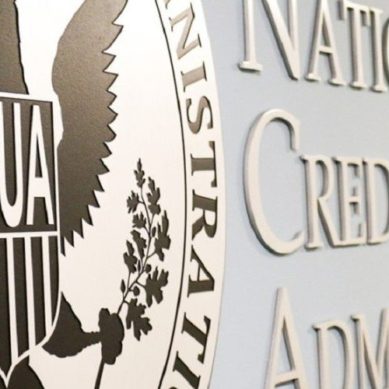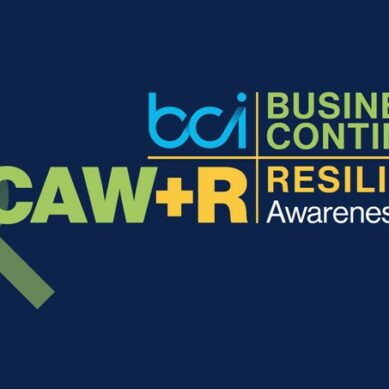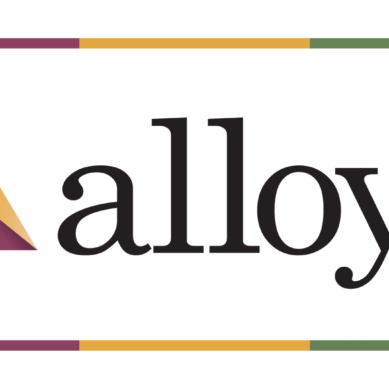In what is being called a win for credit unions, new legislation has been introduced to the House that would cut back on the Small Business Association’s (SBA) lending abilities.
Introduced by Representative Blaine Luetkemeyer (R-Mo) last week, the IMPROVE the SBA Act, H.R. 7628, aims to prohibit the SBA from becoming a direct lender under the 7(a) loan program—SBA’s most common loan system—and disaster loan programs (such as the Paycheck Protection Plan or the Economic Impact Disaster Loan), and would also create a role for private-sector lenders like credit unions in said programs.
As part of President Biden’s “Build Back Better” plan, the SBA was to be given direct lending capabilities in the wake of coronavirus to help small businesses recover from the economic fallout. However, Rep. Luetkemeyer feels this effort has done more to harm smalls business as he claims the SBA is “fraught with fraud, delays, and mismanagement” and that the oversized role it has been entrusted with has only led it to “shift away from its core mission of serving small businesses to instead advancing the current administration’s political agenda.”
Since then, two attempts have been made to keep the SBA from pursuing direct lending. Back in November of 2021, Rep. Luetkemeyer introduced a similar bill (H.R.6037) to achieve these ends, but the bill has yet to make any headway since. The IMPROVE the SBA Act is the second effort to scale back on the SBA’s abilities. This SBA reform, including both bills introduced, has been fully supported by both the NAFCU and CUNA.
At the time of the first bill’s introduction, CUNA wrote Congress in support of the effort, noting, “This public-private partnership works as borrowers can obtain loans from financial institutions that they know well and that have vested interests in their borrowers’ success. Furthermore, when working with local lenders, small businesses are likely to benefit from guidance and experience from a lender with a stake in helping the borrowing business succeed.”
“By becoming a direct lender to small businesses, the SBA is likely to harm local financial institutions’ relationships with businesses and possibly hamper these businesses from establishing important banking relationships that can only help their business survive and flourish,” it adds. In addition to the letter of support, CUNA also reached out to the House Small Business Committee with similar concerns and called for SBA direct lending language to be left out of reconciliation legislation.
Ultimately, the hope is that by cutting off the SBA’s ability to directly lend money to small businesses, these businesses will be steered directly into borrowing from credit unions. Removing the SBA from the equation ensures the field remains open to credit unions with little competition from the government. Since the introduction of this second bill, CUNA has already reached out to voice its support.
“Thank you to Rep. Luetkemeyer for working with CUNA and the Leagues to preserve the relationship that small businesses have with locally-focused not-for-profit credit unions,” said Jim Nussle, CUNA president/CEO. “Provisions like this ensure that communities advance through financial partners who understand the situation folks are feeling on the ground, rather than being affected by Washington bureaucrats.”
However, despite the support behind the bill, Congress has yet to schedule a time to discuss it. Considering the first bill introduced back in November has yet to make progress, it’s possible the IMPROVE the SBA Act will also sit on the sidelines for some time, meaning credit unions may have a significant amount of time to wait for any reform.





























































